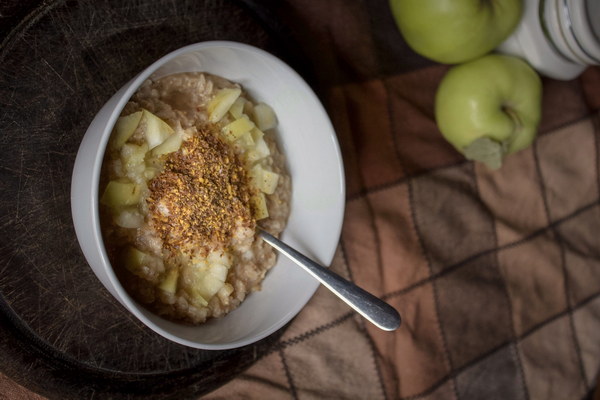Harvesting Health A Comprehensive Guide to Winter Solstice SelfCare in Chinese Tradition
The Winter Solstice, also known as Daxue in Chinese, is a time of year steeped in ancient traditions and cultural significance. This pivotal day marks the shortest day and longest night of the year, symbolizing the nadir of winter and the transition towards spring. As the season's chill deepens, it is an opportune time to focus on winter solstice self-care, drawing from the wisdom of traditional Chinese medicine. In this article, we will explore the key principles and practices that can help you maintain health and harmony during the Daxue period.
Understanding the Daxue Season
The Daxue, which falls on December 21 or 22 each year, is a time when the body is most susceptible to cold and flu due to the decrease in daylight and the corresponding drop in temperature. The Chinese believe that during this period, the body's Yang energy (the energy of warmth and activity) is at its lowest, making it crucial to protect and nourish the Yin energy (the energy of coolness and rest).

Principles of Winter Solstice Self-Care
1. Stay Warm: The first rule of winter solstice self-care is to protect yourself from the cold. Wear warm clothing, especially on the head, which is considered the most vulnerable part of the body during the winter months.
2. Nourish the Kidneys: In traditional Chinese medicine, the kidneys are associated with winter and are considered the root of our body's energy. Incorporate foods that are warming and replenishing, such as kidney beans, black sesame seeds, and goji berries.
3. Eat Seasonal Foods: Consume foods that are in season during the Daxue period. These include root vegetables like carrots, beets, and radishes, which are rich in vitamins and minerals to help fortify the body against the cold.
4. Mind Your Sleep: Sleep is essential for rejuvenation. Aim for 7-9 hours of quality sleep each night, and create a restful environment by keeping your bedroom cool and dark.
5. Embrace Rest and Relaxation: The winter solstice is a time for introspection and rest. Engage in activities that promote relaxation, such as meditation, tai chi, or gentle yoga.
6. Stay Hydrated: Cold weather can lead to dehydration, so it's important to drink plenty of water. Herbal teas, such as ginger or cinnamon, can also help warm the body and aid digestion.
Practical Tips for Winter Solstice Self-Care
- Morning Rituals: Start your day with a warm bath or shower, and incorporate some form of self-massage, such as rubbing your palms together to generate heat before touching your face and head.
- Evening Practices: To prepare for sleep, practice the Three Balms technique: warm your hands, feet, and ears with a warm compress before bed.
- Herbal Remedies: Consider using herbal remedies like dang gui or shu di huang, which are believed to tonify the kidneys and improve circulation.
- Breathing Exercises: Engage in deep, diaphragmatic breathing to help ground and center yourself, especially during the darkest hours of the night.
Conclusion
The Winter Solstice is a time to honor the natural rhythms of the Earth and to take special care of ourselves. By following the principles and practices outlined in this guide, you can help maintain balance and vitality throughout the coldest months of the year. As the days begin to lengthen and the world around us slowly awakens, remember that the winter solstice is also a time of renewal and the promise of spring.









